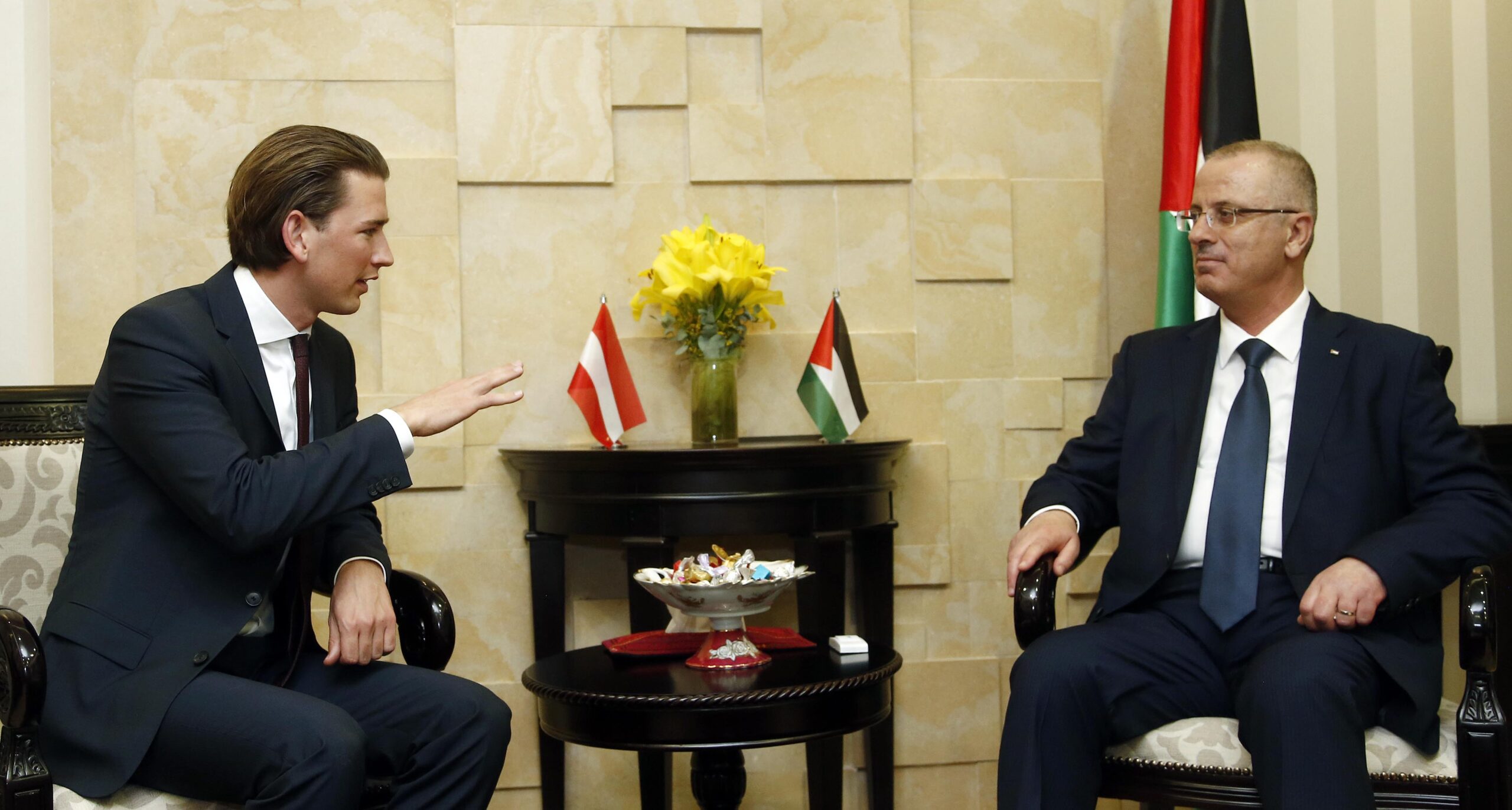
April 23, 2014
Hamas and the Palestine Liberation Organization announce a unity pact after a seven-year rift in which Hamas has led the Gaza Strip and the PLO has led the Palestinian Authority-controlled West Bank.
Israel and the United States classify Hamas as a terrorist organization, and both nations condemn the PLO’s decision to close ranks with Hamas. Coming less than a week before the close of Israeli-Palestinian peace talks led by U.S. Secretary of State John Kerry, the unity pact creates an obstacle to negotiations.
The peace process was threatened in early April when Palestinian Authority President Mahmoud Abbas, part of the PLO-leading Fatah faction, began the process of joining 15 international agencies. Peace talks were suspended in response to the move. Abbas had agreed not to pursue membership in such organizations until after the preset end of the Kerry-led negotiations April 29, but he said Israel’s failure to release some long-serving Palestinian prisoners led to the change in policy. The United States and Israel oppose the Palestinian Authority’s membership in the international agencies, which would give the Palestinians some of the benefits of statehood without negotiations.
Fatah and Hamas have tried to reconcile several times since a brief but bloody civil war in 2007 left them in control of separate Palestinian territories and complicated the difficult path to Palestinian statehood, and this reconciliation proves fleeting. Egypt brokers another agreement between Fatah and Hamas in 2017. The fighting in 2007 followed Hamas’ victory in legislative elections in January 2006.
